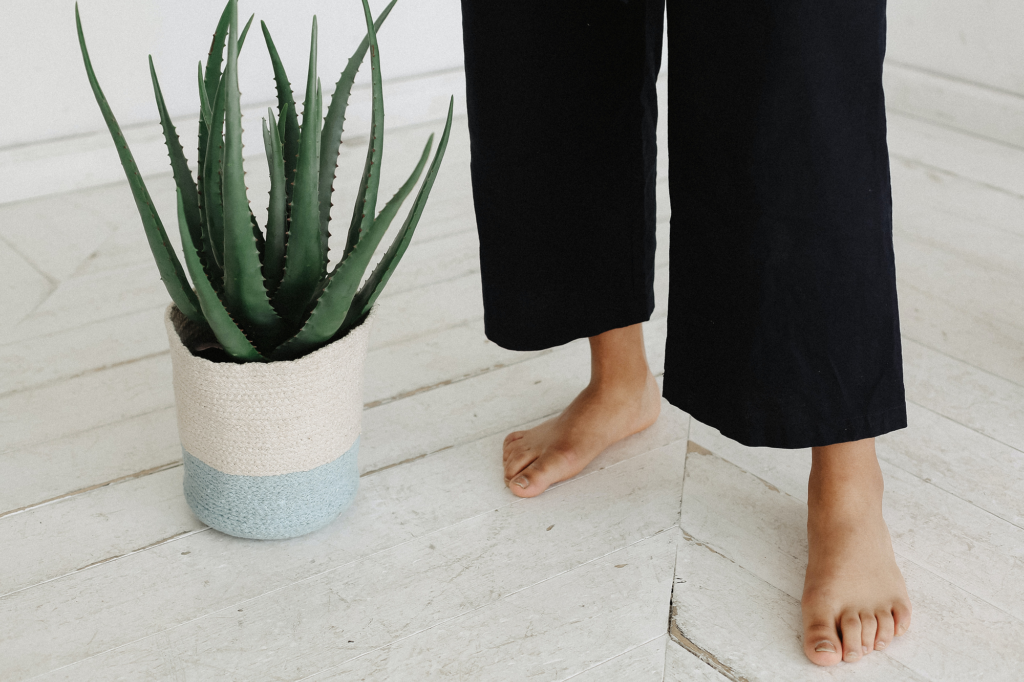Depending on where you grew up, you may remember aloe as that odd, pointy leaf plant that Grandma kept on her windowsill. Whenever you had a cut or scratch, she would cut a piece, split it open, and apply its clear, substance on you. Aloe is great for healing the skin, but this powerful plant has many other uses.
Aloe, a native plant of Africa, is mostly used to heal wounds or burns quickly. But many people use aloe internally as a laxative. Aloe is also believed to help lower cholesterol, increase blood vessel generation in the lower extremities, soothe an irritated stomach and ease the discomfort of skin disorders such as eczema.
Pure aloe isn’t very tasty. It is quite bitter. But in the proper mix of juice or lemon, it becomes more palatable. If ingesting aloe leaf, be sure its organic. You can also find aloe juice in your local health food store.
Nutrient Content: amino acids, calcium, folate, iron, magnesium, phosphorus, potassium, zinc, vitamins A, B1, B2, B3, C and E.
*These statements have not been evaluated by the Food and Drug Administration. These statements are not intended to diagnose, treat, cure or prevent any disease.
